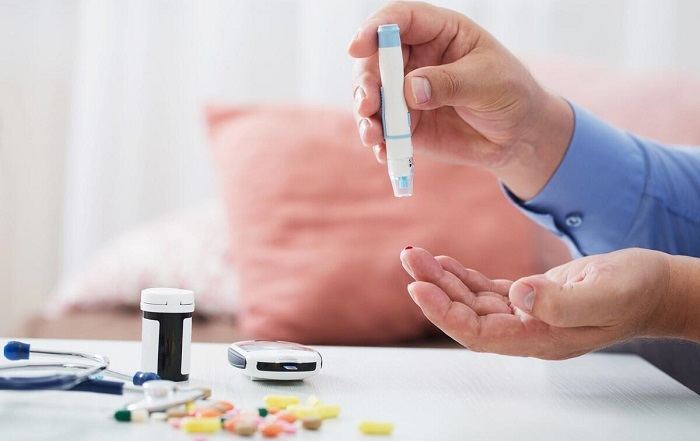High blood sugar levels can have a significant impact on how you feel, and it’s important to be aware of the signs. Here’s what you might experience.
One of the most common sensations when your sugar is high is fatigue. It’s like a heavy cloud that settles over you, making you feel constantly tired and drained. Your body’s cells may not be able to effectively use the glucose in your bloodstream, which can lead to a lack of energy. You might find it difficult to get through your daily activities, feeling as if you’ve run a marathon even when you haven’t exerted yourself physically. Weakness often accompanies this fatigue, making simple tasks like climbing stairs or carrying groceries seem much more challenging than usual.
High blood sugar acts like a sponge, drawing water from your body’s tissues. This leads to intense thirst. You may find yourself constantly reaching for a glass of water, yet still feeling parched. Along with this comes frequent urination. Your kidneys work hard to filter out the excess sugar, and this process requires a lot of water. As a result, you’ll be making more trips to the bathroom than normal. It can be quite disruptive, especially during the night when it may interfere with your sleep.
Your eyesight can also be affected by high sugar levels. The lenses in your eyes are filled with fluid that can be influenced by changes in blood sugar. When your sugar is high, this fluid can become distorted, causing your vision to become blurred. It’s like looking through a foggy window. This symptom can be concerning, but in many cases, it improves once your blood sugar levels are brought back under control.
Many people with high blood sugar experience headaches. The exact cause isn’t fully understood, but it may be related to the changes in blood flow and fluid balance in the body. These headaches can range from mild to severe, and they can be persistent, making it difficult to concentrate or go about your daily routine.
High blood sugar can affect your body’s ability to heal. Cuts, bruises, and other wounds may take longer to heal than normal. The excess sugar in your bloodstream can interfere with the normal healing process by affecting the blood vessels and the cells responsible for repair. You might notice that a small cut that usually heals in a few days seems to linger, or that a bruise takes weeks to fade away completely.
In addition to these common symptoms, high blood sugar can also cause other issues. You may experience mood swings, feeling irritable or down for no apparent reason. There can also be a tingling or numbness in your hands or feet, which is a sign of nerve damage caused by prolonged high blood sugar levels. Some people may notice a fruity smell on their breath, which is a result of the body breaking down fat for energy instead of using glucose properly.
In conclusion, being attuned to these symptoms of high blood sugar is crucial. If you notice any of these signs, it’s important to have your blood sugar levels checked and work with your healthcare provider to manage them. Early detection and treatment can prevent more serious complications associated with high blood sugar.
Read more
- HRT: Unraveling Its Crucial Functions
- Is Itching A Menopause Symptom? The Truth Unveiled
- Preventing Hair Loss In Menopause: A Path To Luscious Locks


